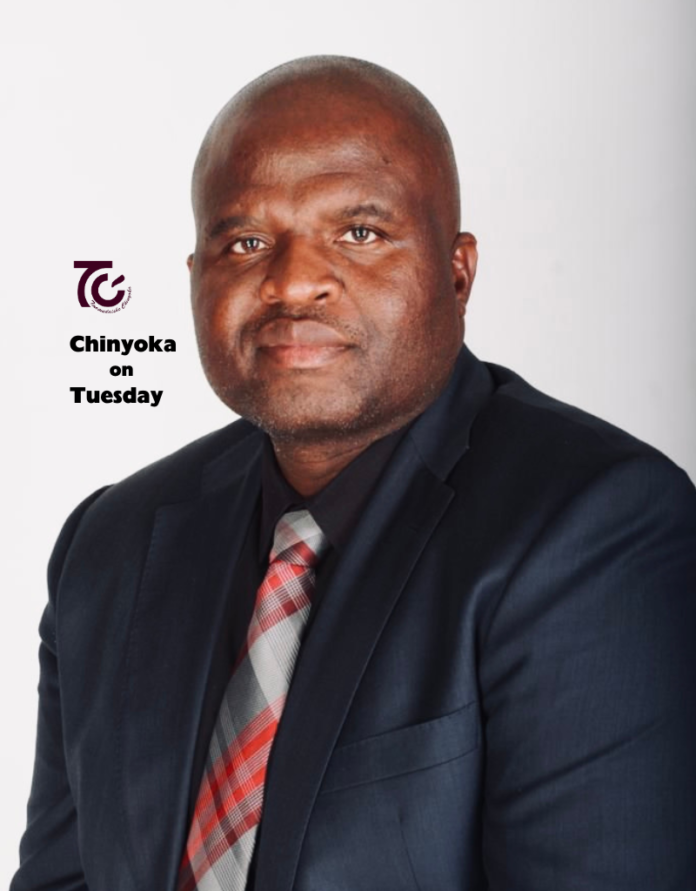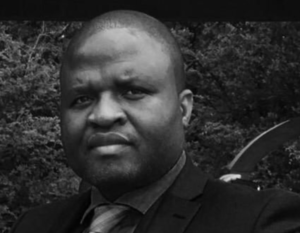By Tinomudaishe Chinyoka
To be informed is a good thing, and reading a book so that you are informed is a gift that any individual can give themselves for life. Because, short of calamitous health situations, knowledge once gained is never lost.
One of the best gifts l have given myself is to read about the life and sayings of Dwight Eisenhower, the soldier turned President of the United States of America. It was he that paradoxically said, after fighting and defeating the Nazi threat to the world: “only Americans can hurt America.”
Of course, reading does not need to involve finding tomes out of the library or the latest Petina Gappah novel, though the latter would be nice. The Bible is a readily available source of knowledge and wonder. Why, you read some of the stories and you wonder, why is this scripture? That is, until you realise that every account therein is profitable for teaching, for reproof and instruction in righteousness, that you may be fully equipped to face life.
Take for example the account of David fleeing from young Absolom. A relative of Saul’s, called Shimei, follows David all the way, insulting him and telling him that this was chickens coming home to roost. That he shouldn’t have stolen the throne from him, and his present suffering was because he was illegitimate.
So engrossed is Shimei in his tirade that he does not for a moment pause to worry about the people suffering with David, fleeing from the danger posed by Absolom, or the deaths that would come. To Shimei, it’s just David suffering, and he must be reminded of his legitimacy deficit. Ring a bell?
And so it was that during yet another topsy turvy week in our politics, I found myself drawn to something else that Ike said: “I don’t like the idea of something where you have to depend upon the integrity of the man and not the integrity of the institution.” How so very true.
Our 2013 Constitution came with some hopes about the building of institutions. The so called Chapter 13 Institutions (the NPA and ZACC) were conceived to fight crime and corruption. In a country where perceptions of corruption and real corruption run neck and neck, where more than 61% of respondents to a recent survey by The Sivio Institute point to corruption in some form or another as the reason why we are where we are, these institutions are sorely needed.
In fact, so glaring is the need that the President made fighting corruption his signature promise during the last elections. And, when those tasked with running these Chapter 13 institutions have failed to deliver, when corruption has not been prosecuted and when investigations have generated dockets that gather dust underneath desks of anti-corruption commissioners, he has not been slow to try and find other people who can do the job better.
Yet, he is but one man. No amount of effort or good intentions in the hands of only one man can win the war against corruption. Nor was it ever intended to: Presidents by the very nature of the job are meant to set out the vision and direction they want the country to follow. It is the instructions around them that must then deliver on that vision.
Strangely, we have collectively conspired through action or inaction to sabotage the President’s fight against crime and corruption. The examples are all over the place:
- when the President created a Special Anti Corruption Unit (SACU) to work hand in hand with the NPA to fight corruption after the latter showed inaction, we saw lawyers spend months fighting its right to exist because of some legal technicalities which have now been largely shown to be without merit,
- when an ineffectual PG was removed and a new one appointed, we saw applications flying into the Constitutional Court challenging his appointment on the basis that he was not eloquent enough at his public interviews, despite his obvious qualifications,
- when ZACC commissioners were suspended and then resigned for being either corrupt or ineffectual, and new nominations invited, we saw a majority of those who had resigned barely weeks earlier re-nominated for re-appointment and listed for interviews, without any shame that we are peverting the object of the Commission,
- we have witnessed the vilification of a respected judge of the High Court, eminently qualified to lead the ZACC, not because of anything she did but because many years ago she fell in love and married someone who is now a cabinet minister.
Presumably we want these Chapter 13 institutions to work, but our actions say otherwise. It is as if collectively, we have conspired to look at anything and say ‘what problems can I identify here and use to sabotage this thing’ instead of ‘how can I help make this thing work.’ We have become overt pessimists all of us, yet likely secretly expect to succeed as a nation.
Yet, like Ike once said, using the world of soldiering that he knew so well to make the point: “pessimism never won any battle.” You cannot wish calamity on the country and expect a nirvana. You cannot go around following the President like Shimei, shouting abuse and lies and expect that everyone will know you are mad: a few will listen and believe you, to the country’s detriment. You cannot pray daily for Mnangagwa to fail and yet expect Zimbabwe to succeed. You cannot daily pull at the edifice of our institutions with lies and made-up numbers and expect them all to intact afterwards.
Contrary to what regime change agents are selling; it is not democracy first then institutions later. We need to build institutions so that our democracy can take hold. And we have an opening on where to start: corruption.
A country with less corruption will find fewer anti-corruption commissioners who think that the ‘anti’ in their institution’s name is silent. A country with less corruption will attract its best brains to find jobs that build their own homeland, not to think of which countries to run off to. A country with less corruption will use its human capital to grow its economy and society for the better, not teach its citizens how to extract the last morsel from their neighbour.
To do that, we need institutions. But you cannot build institutions when you scare away the best candidates for jobs by picking highly irrelevant, immaterial and offensive grounds with which to challenge their appointment. You don’t attract the best of the best to run your institutions when years of education and hard work can be reduced by one headline into “Mnangagwa tries to appoint his friend’s wife..”
You don’t attract the best people to run your institutions when you make it possible for the very same people that have run those institutions to the ground stand side by side with them for reappointment. You do not attract the best possible candidates for building institutions when those chosen to run these institutions are forced to endure mischievous and insulting lawsuits that are wholly devoid of merit. And you definitely do not build institutions at the back of partisan fault-finding which clearly lacks any merit but is merely activated by political points scoring.
Travel to Manicaland and you will find survivors of the recent natural disaster. In Kadoma you will find widows of those who perished in the mine disaster. In Hwange you will find those threatened with the real possibility of the closure of a once great mine. Ask them all what they need, and you will be surprised. It is not V11s or for SADC to “intervene” into an election that is no longer up for discussion. They will not talk about a manufactured “legitimacy crisis”.
Instead, they would want a society that works to prevent what has happened from happening again, to stop what might come from happening. A society that looks after its people not because they can grease a palm or two, but because that is what society should do.
One man, no matter how noble, cannot build this alone. This is true. But, when one man tries to build the institutions that can in fact help prevent calamities or better mitigate against them, it is not to our credit that we all expend energy in finding any and all possible ways to hinder him. When would-be rulers of the land laud their signature policy as “kudira jecha” (sabotage) you know that the great soldier was right. He might have used different words when he said it but he might as well have said it like this: “Only Zimbabweans can hurt Zimbabwe.”
So painfully true.
Tinomudaishe Chinyoka is a Harare based lawyer and member of the ruling Zanu PF party

